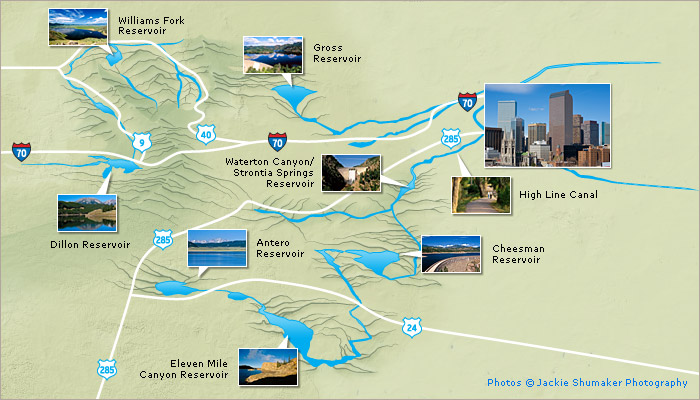I have just recently started to really pay attention to water Chemistry and such for brewing different styles of Beer. I live in Lakewood, CO where we have Denver Water as the supplier of our water sources. I had our water tested last fall, so that I could start making additions with brewing salts to hit specific targets based. I was making adjustments using the results from the water test and the calculator that is built in to BrewFather. I had noticed an immediate improvement in the body and flavor of my beers... Yay!
I brewed another batch this weekend and noticed the water out of my tap now has a pH of 9.0! I had to add almost 2x as much Phosphoric acid to hit my Target pHs for both the Mash, and sparge water as I had originaly calculated using my old pH value.
Did a little research and it seems it's intentional by Denver Water:
https://www.9news.com/mobile/article/news/health/denver-water-ph-level-lead-reduction-plan/73-c112d2ea-c694-4285-a7b4-e94b2ccab7f5
It seems they are using Sodium Hydroxide as to increase the pH. My simple TDS meter is only showing 175ppm of TDS in my tap water though. Now I'm contemplating buying RO water on Brew days from the store (seems like a pain), or installing an RO system in my garage (and waiting hours to collect enough water to brew). Not sure if I'm overreacting or not... maybe I just start substituting some of my base malts acidulated malt?
Thoughts?
I brewed another batch this weekend and noticed the water out of my tap now has a pH of 9.0! I had to add almost 2x as much Phosphoric acid to hit my Target pHs for both the Mash, and sparge water as I had originaly calculated using my old pH value.
Did a little research and it seems it's intentional by Denver Water:
https://www.9news.com/mobile/article/news/health/denver-water-ph-level-lead-reduction-plan/73-c112d2ea-c694-4285-a7b4-e94b2ccab7f5
It seems they are using Sodium Hydroxide as to increase the pH. My simple TDS meter is only showing 175ppm of TDS in my tap water though. Now I'm contemplating buying RO water on Brew days from the store (seems like a pain), or installing an RO system in my garage (and waiting hours to collect enough water to brew). Not sure if I'm overreacting or not... maybe I just start substituting some of my base malts acidulated malt?
Thoughts?
Last edited:



























![Craft A Brew - Safale S-04 Dry Yeast - Fermentis - English Ale Dry Yeast - For English and American Ales and Hard Apple Ciders - Ingredients for Home Brewing - Beer Making Supplies - [1 Pack]](https://m.media-amazon.com/images/I/41fVGNh6JfL._SL500_.jpg)






























